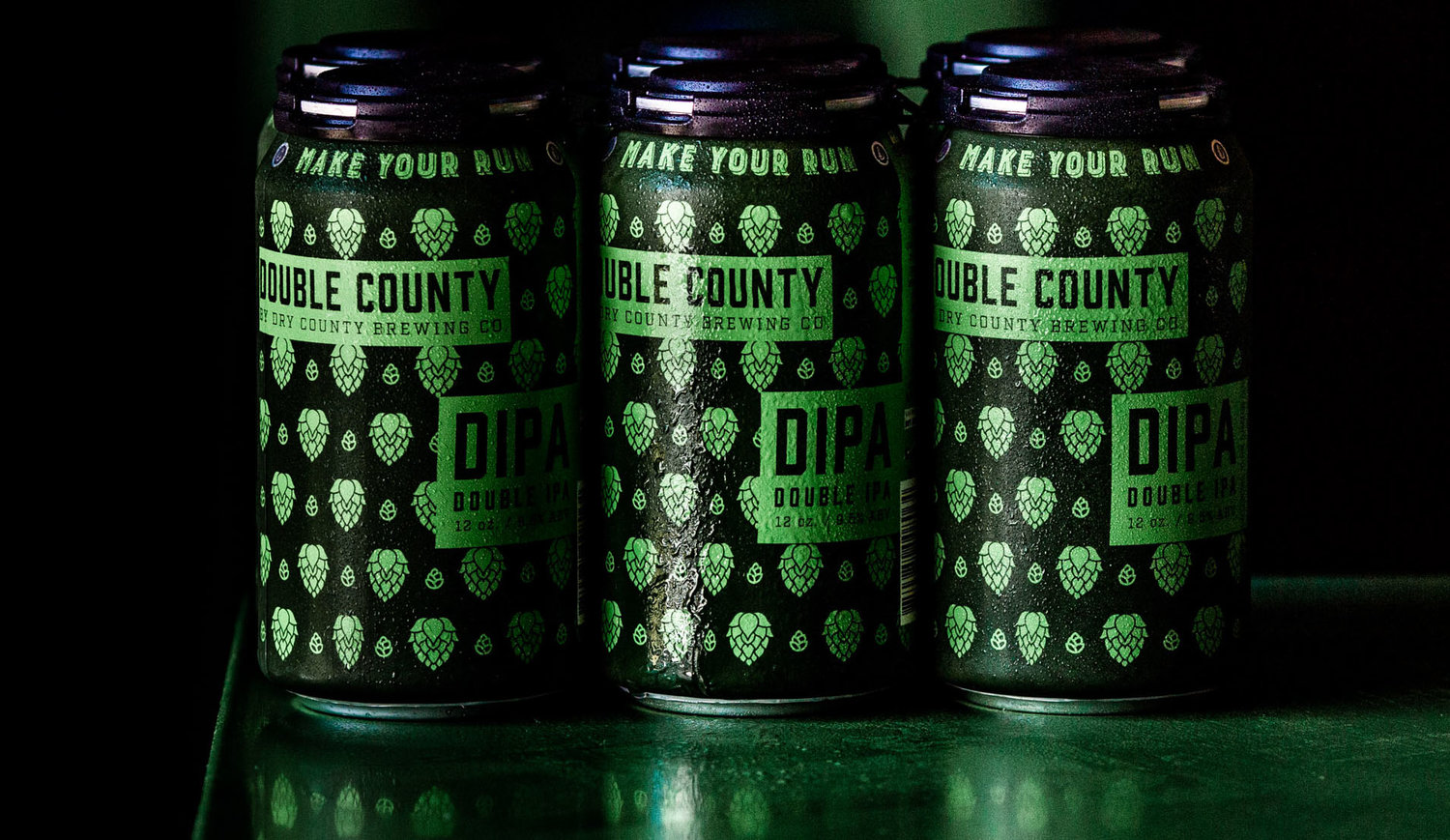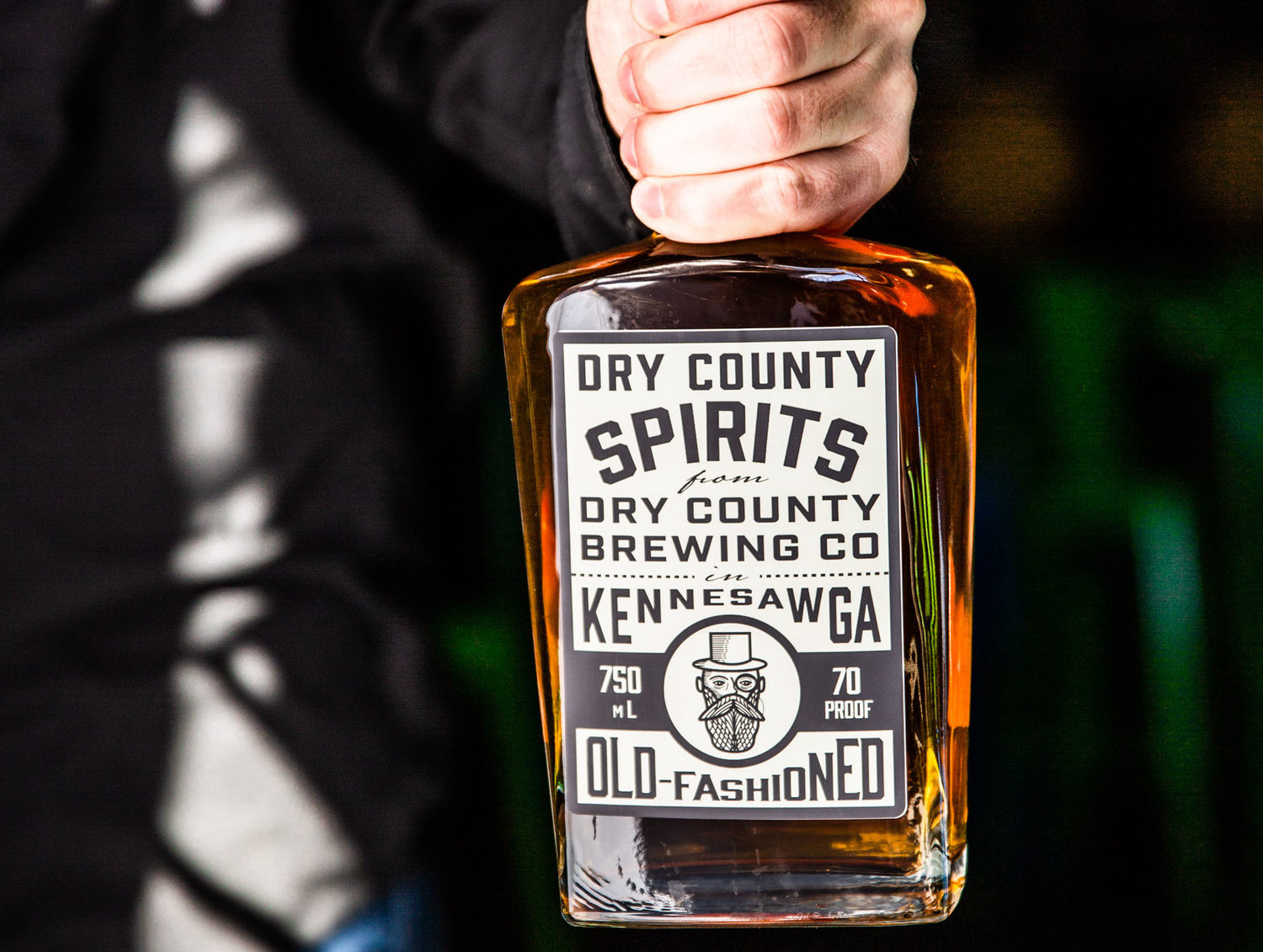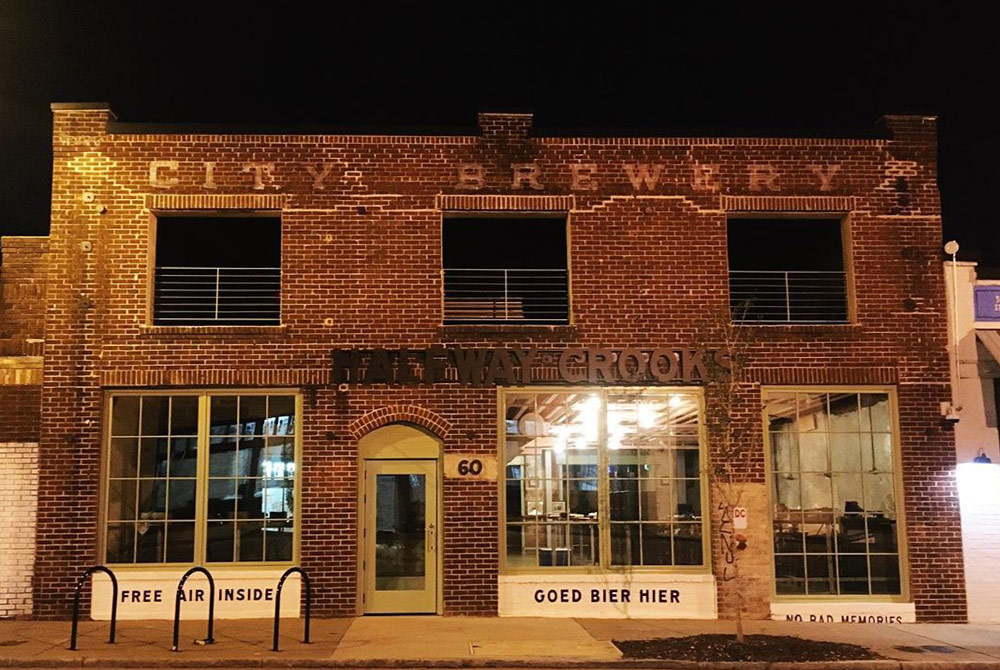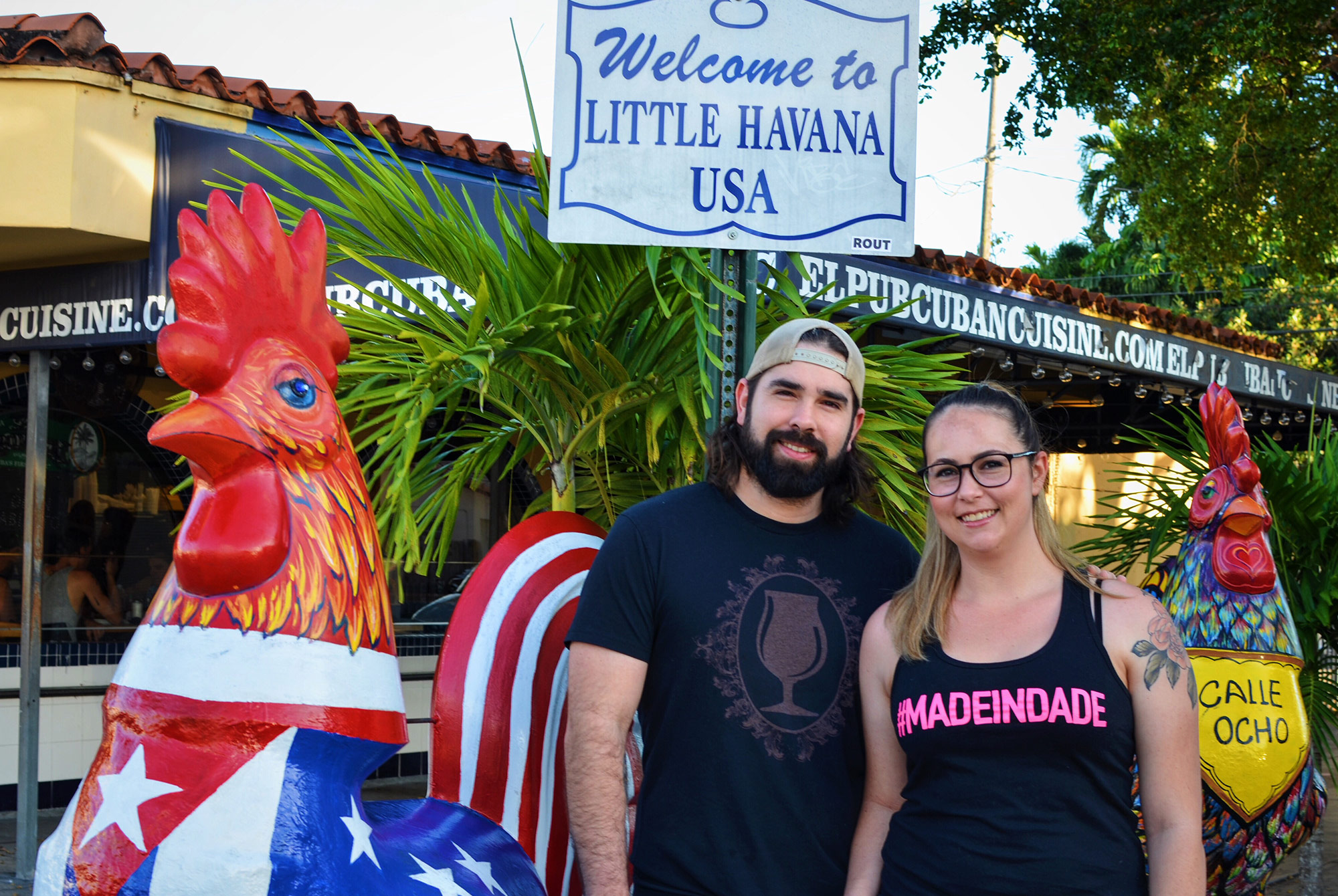Shop
What Is the Future of Craft Beer in Georgia?
Craft beer legislation is slowly changing in Georgia. How will breweries adapt?
In 2017 you bought beer at a brewery in Georgia with wooden tokens. You would visit a brewery, pay twelve dollars, receive three or four wooden “coins”, go on a brewery tour, and finish at the bar to trade in your coins for three pours of beer. Georgia state legislation (Senate Bill 85) finally changed the law in September 2017. Breweries could sell up to 3,000 barrels of beer out of their taprooms, ushering in the first progress for Georgia craft beer since 2006 when the State raised the legal ABV limit for beer from 6% to 14%. If you’re not from Georgia and you enjoy craft beer this all probably sounds insane–just wait, it gets crazier.
“The primary problem for craft breweries in the state of Georgia has to do with outdated franchise law,” said Taylor Harper, partner at Taylor, Feil, Harper, Lumsden, and Hess law firm in Atlanta.
Harper’s firm specializes in liquor law and represents a majority of the craft breweries in Georgia. They spearheaded Senate Bill 85 and continue to push Georgia craft beer law into the 21st Century. If you’re like me, the term “franchise law” conjures thoughts of Subway or Chic-fil-a; however, in the beer industry, this term constitutes the contractual relationship between brewers and distributors.

Photo Courtesy of Dry County
Beer franchise laws were written after Prohibition in an effort to protect distributors from brewers. Following the repeal of Prohibition in 1933, 31 breweries existed. At the time, distributors of beer were very small “Mom and Pop” operations, locally focused and extremely dependent on a single brand. Breweries had significant leverage in negotiating contracts with smaller distributors who often only carried one brand of beer. In an effort to “protect the little guy” the government implemented laws requiring breweries to prove distributor negligence in order to terminate contracts. Needless to say, the environment has changed–there are under 3,000 distributors and almost 8,000 breweries in the United States. In Georgia, the craft brewer is the “little guy” operating in a legal system that assumes they’re the “big guy”.
As a result, businesses reacted to the law to optimize profitability. Given the strange and archaic legal system governing craft beer in Georgia, I’ve found the ingenuity of Georgian brewers exceptional. Eating BBQ with Trey Sinclair, owner of Dry County Brewing, we discussed his decision to start selling craft cocktails on draft in the taproom and in bottle to-go. “In most states, North Carolina, for example, getting a distiller’s permit isn’t a big deal. In Georgia, it took me about two years and a lot of legal bills,” he shared. “It was something no one had asked the State about in the past, so it took some time.”

Photo Courtesy of Dry County
In Georgia, a brewery can only sell alcoholic products manufactured on-site, and until last January that was limited to beer. Sinclair’s hard work and significant investment opened up a whole new market for breweries: non-beer drinkers. As the distribution market gets increasingly competitive, brewery taprooms are becoming more important to a brewery’s profitability. A wider selection of products in the taproom has helped new–and old–breweries in Georgia develop more revenue streams and is changing the way breweries and patrons view the taproom.
After two years operating with conventional taprooms, the Georgia craft beer scene remains on the brink of change. That’s understandable given that it takes one to two years to even open a brewery; however, there is substantial anticipation for a few breweries opening later this year promising something new. The common thread among them all is a focus on direct sales to the customer. Self-distribution is completely illegal in Georgia. Combine that with the increased competition from the 8,000 other breweries in the United States all vying for the same retail shelf space and the thin profit margins don’t seem to be worth the squeeze anymore.

Photo Courtesy of Halfway Crooks
Sabbath Brewing, opening in East Atlanta Village, plans to operate strictly out of the taproom off a 3.5 BBL system, fermenting in wood, and focusing on saisons and other table beers. Halfway Crooks, opening in Summerhill this summer, will focus on lagers served straight from the lagering tanks. Operating on a 10 BBL system, owners Shawn Bainbridge and Joran van Ginderachter (former brewmaster of Three Taverns in Decatur, GA), plan to prioritize taproom and draft sales. The mosaic tiled floors, marble bar top, and mirrored backsplash weave a distant memory of an Old World beer cafe. There is a certain level of sophistication in the ambiance absent from the typical Atlanta taproom featuring plywood tables, worn-out couches, and metal stools. Both breweries are building comfortable taprooms and featuring low gravity beers, redefining the tap room reputation from “one and done” destination to a community gathering center.

Photo Courtesy of Outrun Brewing Co.
Georgia’s craft beer industry is young. With this youth comes the opportunity to change quickly and adjust direction with relative ease. There aren’t decades of tradition. Georgian breweries are analyzing the industry’s direction and formulating business models based on the future.
And what does the future hold? Fresh, accessible beer.
“The consumer is getting smarter,” mused Josh Miller, owner of Outrun Brewing Co. opening in Stone Mountain, GA this Fall. “They’re getting tired of crazy flavors. At Outrun we’re brewing crushable beers. Beers you can drink all day. And we’re only selling them from our taproom. We want people to drink fresh beer all the time.”
Liked this article? Sign up for our newsletter to get the best craft beer writing on the web delivered straight to your inbox.




